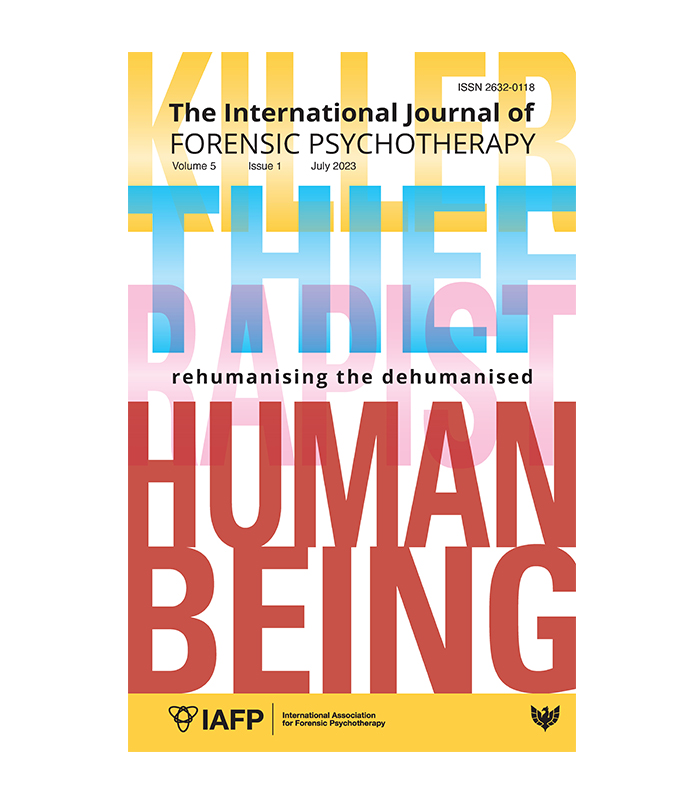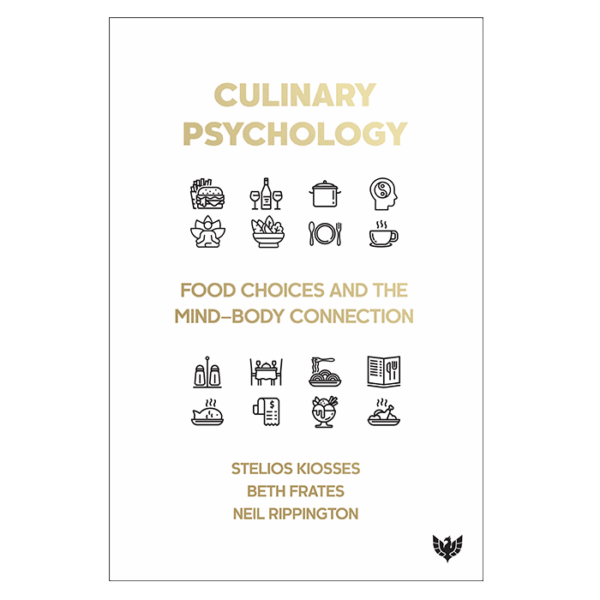Articles for consideration must be submitted via PubKit. Go to https://submission.pubkit.co/publisher/165/journal/815/login?reason= and log in to or create your account. Once you are registered, please submit your manuscript according to the instructions given. Please read the information below under Procedure for submissions before you start your submission.
Procedure for submissions
Articles should be typewritten, using double spacing, in Microsoft Word format.
Submissions of full papers, including abstract and references, should be a maximum of 6,000 words in length. They should comprise two files, to assist in the editorial review process:
– The first should include the paper, together with its title, a list of keywords, a list of references, and an abstract.
– The second should include a cover page for the paper with its title, the author’s name and contact details (including postal and email addresses), and a brief biographical summary of up to 150 words.
Language: Contributions should be written in English. Authors may choose to use British English or American English in first drafts, but please note the final material needs to be supplied in British English.
Abstracts: All papers must be accompanied by an abstract. This should be a maximum of 200 words.
References: Please see detailed instructions here.
Artwork: The inclusion of figures and images in contributions must be approved by the editors. If the editors agree, then the following applies. Unless otherwise agreed in advance, all artwork must be submitted in black and white.
FORMAT: The preferred format is high-resolution PDFs, TIFF or JPEGs (please note that any JPEGs downloaded from the internet will only be 72dpi and too low resolution).
RESOLUTION: black and white artwork (bitmap): 600 dpi. Photographs or any shaded matter (greyscale): 300 dpi. Fine tints in the artwork are not allowed as they do not reproduce well once printed.
IMPORTANT: Graphics embedded in the Word file will not be of sufficient resolution for print-quality; they are useful as a guideline for positioning and identification purposes only. Therefore, please ensure that all graphics are supplied separately in PDF, TIFF or JPEG format, as specified above, in addition to being embedded in the Word document.
Permissions: For information regarding the reproduction of others’ work, click here.
Confidentiality and consent: Contributors are expected to use all possible means of assuring the confidentiality of those about whom they write, such as disguising significant aspects of the case material. Alternatively, authors should acquire their subjects’ consent. In general terms, contributors are required to follow the procedure adopted in their own countries which govern the conduct of their work with human or animal subjects. If requiring further advice, authors are invited to discuss these matters with a member of the journal’s International Advisory Board in their country.
Originality: Papers submitted for publication are accepted on the understanding that they are the author’s / authors’ own work and that where the work of others is referred to or quoted, this is clearly attributed. Papers should not have been published elsewhere or be currently submitted to other publications.
Peer review: All papers will be subject to peer review. In order to preserve anonymity in this process, the authors should supply the editors with two separate documents, as detailed above. When assessing the acceptability of the submission, peer reviewers are asked to consider the following questions:
– Is the paper readable, accessible, and interesting?
– Does it make appropriate use of psychoanalytic theory?
– If applicable is there appropriate use of case material
– Does it make a contribution to learning about forensic psychotherapy?
Copy dates: Whilst the editors will welcome contributions at any time, authors should note that final copy dates for forthcoming issues will normally be on 1 April and 1 September of each year.
Checklist: Before submitting your manuscript to the journal, please view the Final checklist for Phoenix journal articles here to ensure your submission follows house style.
Disclaimer: The International Journal of Forensic Psychology and its editors make every effort to ensure the accuracy of all the information contained in published issues. However, any views expressed in this publication are those of the authors and not the editors or the journal.




